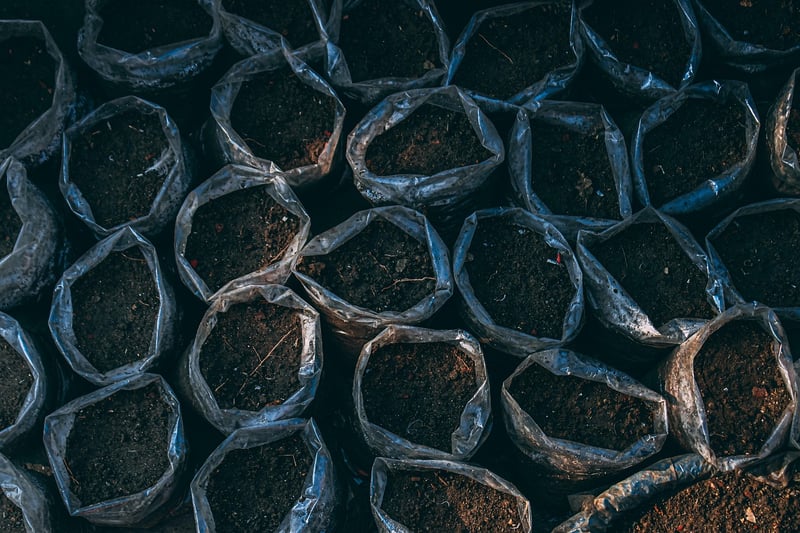Soil preferences
Choosing the Right Soil for Your Plants
When it comes to gardening, one of the most crucial decisions you can make is selecting the right soil for your plants. Different plants have different soil preferences, so understanding what type of soil your plants need is essential for their health and growth. Here are some tips to help you choose the best soil for your garden:
1. Know Your Soil Type
Before you can determine the best soil for your plants, you need to know what type of soil you have in your garden. There are three main types of soil: sandy, clay, and loamy. Each type has its own characteristics and properties that can affect plant growth.
2. Consider Your Plant's Needs
Some plants thrive in well-draining sandy soil, while others prefer the moisture-retaining properties of clay soil. Understanding your plant's specific needs will help you choose the right soil to promote healthy growth.
3. Improve Your Soil
If your soil is not ideal for your plants, you can improve it by adding organic matter such as compost, leaf mold, or peat moss. This will help to improve the soil structure, fertility, and drainage.
4. Test Your Soil
Consider getting your soil tested to determine its pH level and nutrient content. This information can help you make informed decisions about which amendments to add to your soil to create the best growing conditions for your plants.
5. Mulch Your Soil
Applying a layer of mulch to your soil can help retain moisture, suppress weeds, and improve soil structure over time. Organic mulches like straw, wood chips, or shredded leaves can also add nutrients to the soil as they break down.
6. Choose the Right Soil Mix
For container gardening or raised beds, consider using a specialized soil mix designed for optimal plant growth. These mixes often contain a blend of peat moss, perlite, and vermiculite to provide excellent drainage and aeration.
7. Monitor Your Plants
Keep an eye on your plants for any signs of nutrient deficiencies, water stress, or soil compaction. Adjust your soil management practices as needed to ensure your plants remain healthy and vibrant.

By choosing the right soil for your plants and taking steps to improve and maintain it, you can create an ideal growing environment that will support healthy, thriving plants in your garden.
Remember, healthy soil is the foundation of a successful garden!
